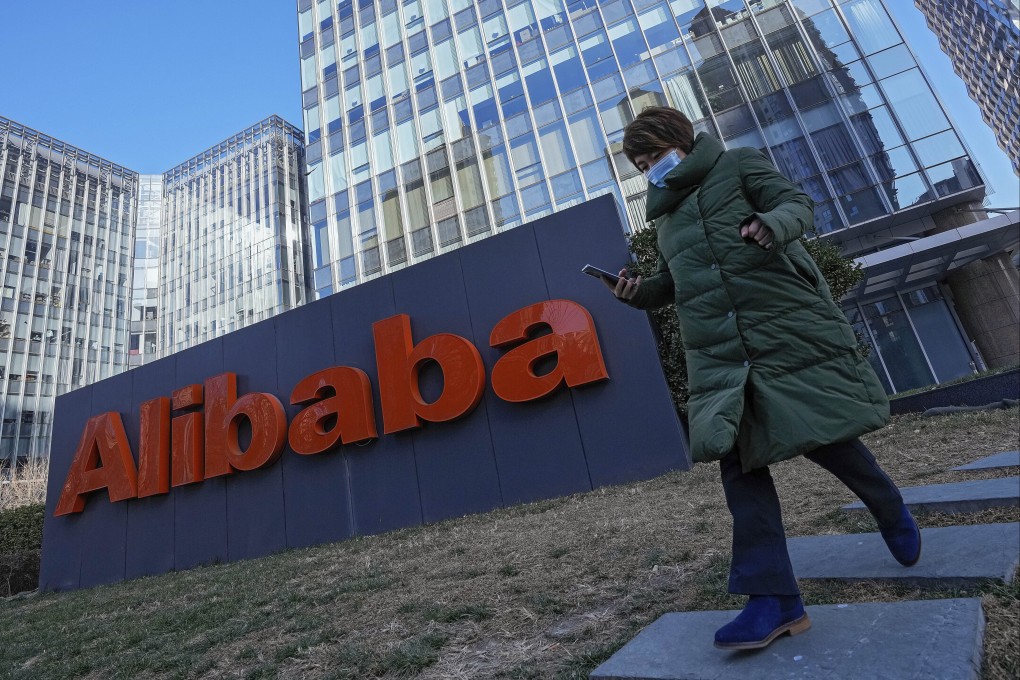Alibaba set to report steady growth in third quarter, bolstering investor confidence after rough two years
- Analysts expect improved performance from Alibaba last quarter after two years of investigations, geopolitical tension, and a rough economic climate at home
- Expected growth of about 4 per cent is far from the double digits Alibaba used to report, but it is taken as a good sign amid flagging consumer confidence

Since then, Alibaba’s stock price in Hong Kong has fallen to about HK$80 (US$10.20), down more than 70 per cent from its peak of HK$307 in October 2020.
The days of 30 per cent annualised revenue growth are likely over for Alibaba, but a report reflecting solid business performance expected on Thursday could assure investors that the company remains a safe bet for tapping into China’s consumer market and the future of its technology sector, analysts said.
Alibaba owns the South China Morning Post.
“A positive revenue growth in the September quarter should not be a hard thing for Alibaba. Even though the actual results may not go beyond expectations, it is likely to return to a growth track,” said Carmen Zhu, a senior analyst at research firm Leadleo.
Alibaba’s revenue for the quarter ended September is estimated to have reached 209.2 billion yuan (US$29.6 billion), a 4.3 per cent increase from the same period last year, according to a Bloomberg survey. Adjusted net income may fall 4 per cent.